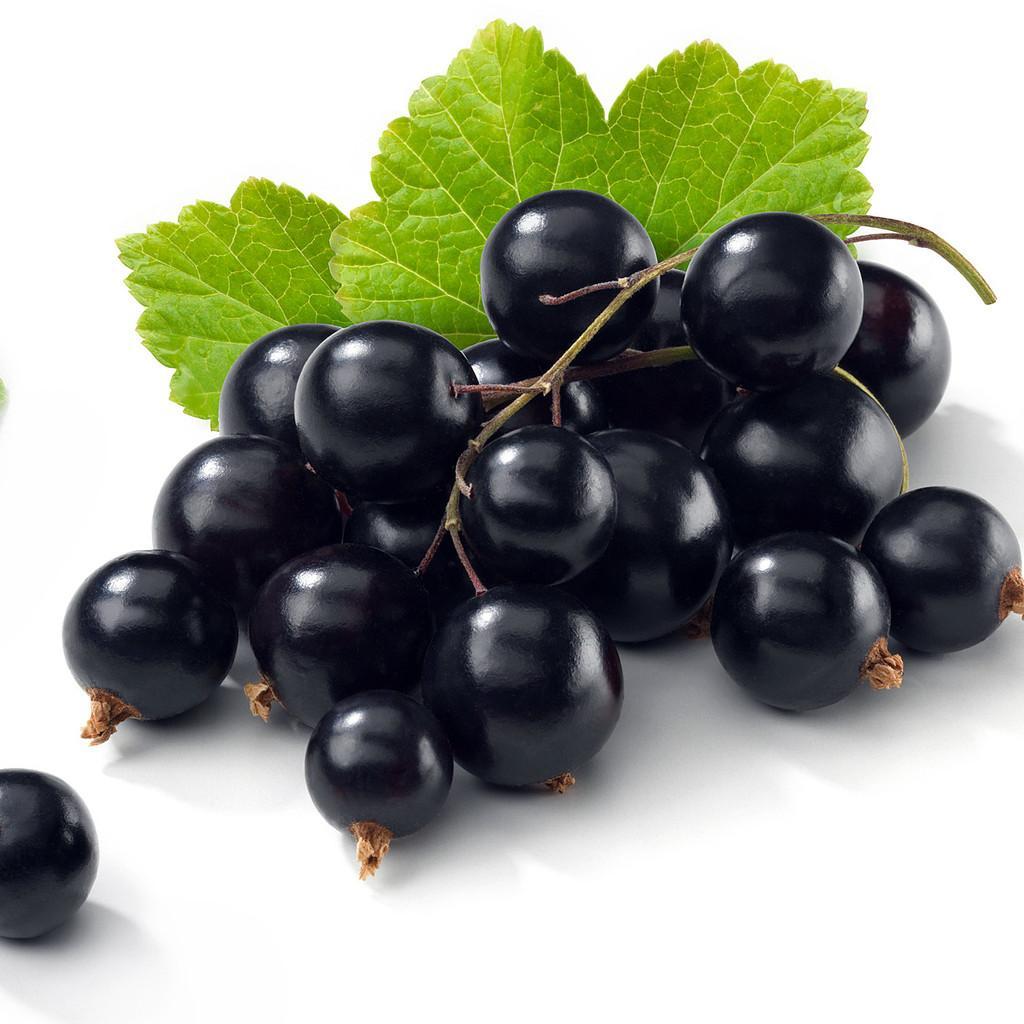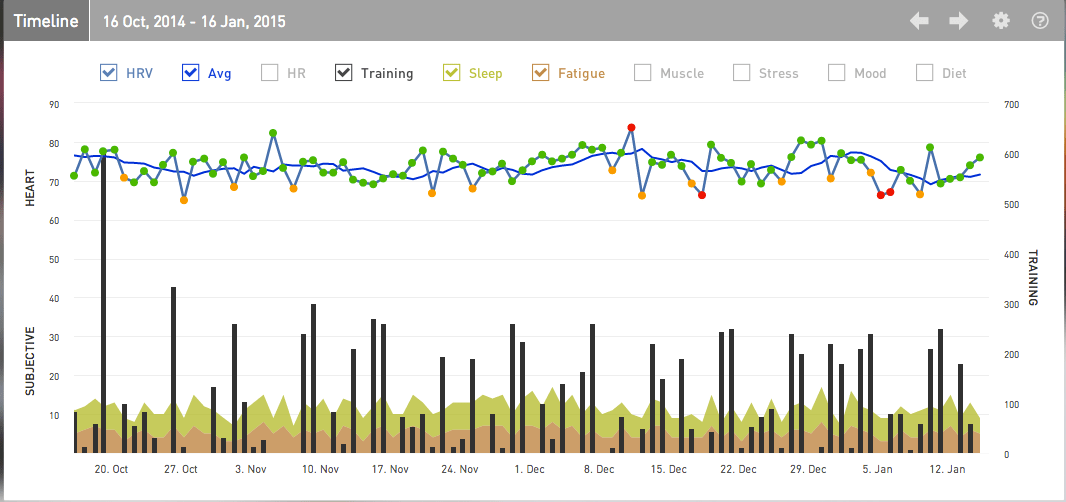Are antioxidant supplements necessary for individuals who exercise regularly? Should antioxidant supplements be part of the “nutritional game plan” of athletes? These are common questions directed to fitness leaders, sports coaches, and other health professionals who are consulted about the role of nutrition in a healthy, active lifestyle.
Antioxidants and Free Radicals: The Theory
 Interest in antioxidants is the finding that highly reactive chemical species, called free radicals, may increase during exercise. The theory is that intense exercise increases free radicals, which fatigue the muscles cells. If the free radicals are cut down, fatigue to the muscles cells are significantly reduced increasing sport performance. The Science? Well this is where antioxidants come in, antioxidants are molecules that can safely interact with free radicals and terminate the chain reaction before vital molecules are damaged. The principle micronutrient antioxidants are vitamin E, beta-carotene, and vitamin C. The body cannot manufacture these micronutrients so they must be supplied in the diet.
Interest in antioxidants is the finding that highly reactive chemical species, called free radicals, may increase during exercise. The theory is that intense exercise increases free radicals, which fatigue the muscles cells. If the free radicals are cut down, fatigue to the muscles cells are significantly reduced increasing sport performance. The Science? Well this is where antioxidants come in, antioxidants are molecules that can safely interact with free radicals and terminate the chain reaction before vital molecules are damaged. The principle micronutrient antioxidants are vitamin E, beta-carotene, and vitamin C. The body cannot manufacture these micronutrients so they must be supplied in the diet.
A recent channel 4 documentary (Superfoods: The Real Story) looked at the purported health benefits of berries and their antioxidants properties. During the documentary it was discovered that surprisingly the king of the berries was the blackcurrant with 6-8 times more antioxidants than the blueberry which came a rather disappointing 4th with raspberries and strawberries coming 2nd and 3rd respectively.
Antioxidants and Sports Performance
The documentary alluded to a study, which used New Zealand blackcurrants to see if they improved cycling performance and recovery in trained endurance athletes. It found that 78% of those that ingested the New Zealand blackcurrant capsules in comparison with a placebo group improved their 16.1km time trial performance. It additionally found that performance was increased by an impressive 3.6 % during the same time trial. The consumption of the blackcurrant capsule allowed ALL participants to have a higher lactate at the end of the time trial.
The production of Free Radicals is a well documented consequence of sustained & high intensity exercise, as is the reduction of heart rate variability (HRV). Many research studies have also shown reduced HRV to be associated with decreased functional capacity. A study that we hope to summarise soon showed HRV increasing in athletes who took a particularly potent anti-oxidant after training, although there is also debate as to whether removing free radicals might also weaken the adaptation reaction needed for athletes to become stronger during recovery. We will try to unravel these mysteries wherever we can!
A good diet will help your performance. The ithlete Pro Timeline features a fully configurable timeline chart for HRV, resting heart rate, training load and subjective data, enabling better insight into which lifestyle factors impact performance and recovery most.
By selecting one or more of your subjective data sets (sleep, fatigue, muscle soreness, stress, mood and diet) it is possible to visualise patterns and relationships. For example you might display training load, diet and heart rate variability (HRV) to investigate whether your eating habits are helping or hindering your HRV and recovery from a given amount of training.
Sign up to your two week free ithlete Pro trial at pro.myithlete.com


The role of hormesis and antioxidants needs to be taken into consideration.
http://www.ncbi.nlm.nih.gov/pubmed/20388101
There are clinical trials of endurance triathletes on high doses of supplementary Vit E and Beta Carotene and having harmful effects on health including increased risk of some cancers
http://jama.jamanetwork.com/article.aspx?articleid=1104493
Hormesis is the U shape curve where benefits are received for the right dose but too much of a good thing can be harmful as we all know
Professor Jeff Coombes is an expert in the area and provides a nice summary on antioxidant supplementation during exercise training
http://www.ncbi.nlm.nih.gov/pubmed/22060178
Personally i would favour moderate use of antioxidants in real food but would be wary of excessive supplements